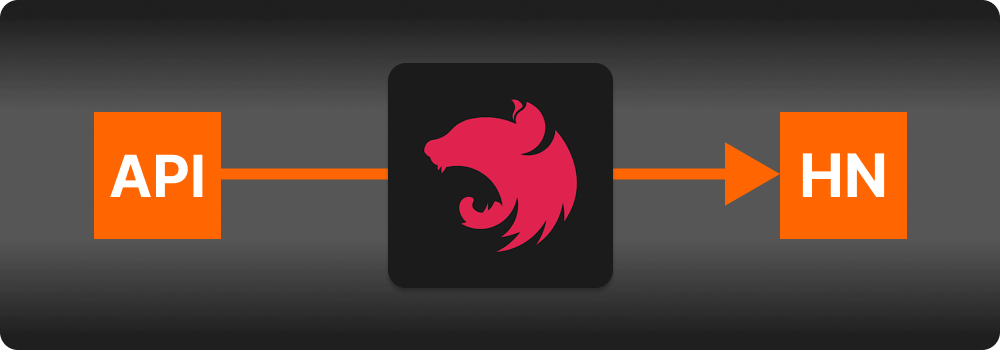https://github.com/edixonalberto/api-hackernews-node
API Rest to get related articles about Node.js in Hacker News
https://github.com/edixonalberto/api-hackernews-node
api docker docker-compose gitlab-pipeline graphql hackernews jwt-auth nest news node portfolio restful-api swagger-specification typescript
Last synced: 8 months ago
JSON representation
API Rest to get related articles about Node.js in Hacker News
- Host: GitHub
- URL: https://github.com/edixonalberto/api-hackernews-node
- Owner: EdixonAlberto
- Created: 2022-05-07T21:12:21.000Z (over 3 years ago)
- Default Branch: main
- Last Pushed: 2023-01-26T04:29:36.000Z (almost 3 years ago)
- Last Synced: 2025-03-29T08:43:52.673Z (8 months ago)
- Topics: api, docker, docker-compose, gitlab-pipeline, graphql, hackernews, jwt-auth, nest, news, node, portfolio, restful-api, swagger-specification, typescript
- Language: TypeScript
- Homepage: https://edixonalberto.github.io/api-hackernews-node/index.html
- Size: 322 KB
- Stars: 1
- Watchers: 2
- Forks: 3
- Open Issues: 0
-
Metadata Files:
- Readme: README.md
Awesome Lists containing this project
README
# API Hacker News Node

## Description
Api to get related articles about Node.js in Hacker News.
Documentation ➜ **[OpenAPI Specification](https://edixonalberto.github.io/api-hackernews-node/index.html)**
---
## Started
A `.env` file must be created in the root of the project, for this you can execute the following command and copy the
provided variables template
```sh
cp template.env .env
```
After setting the environment variables the project can be executed in various ways. The `docker-compose.yml` file will
read the `NODE_ENV` environment variable defined in the `.env` file to start the project in the correct environment.
- In Docker
```bash
# no logs
docker-compose up -d
# show logs
docker-compose up
```
> NOTA: If you want to use the local database via docker-compose you should set this environment variable like this:
> `DB_HOST=db`
- In Local
```bash
# run only the database
docker-compose up -d db
# install dependencies locally
npm install
# run app in development mode
npm run start:dev
# run app in production mode
$ npm run start:prod
```
To fill the database for the first time you must use the following endpoint: `POST: /api/posts/refresh`, it will fill
the `posts` table for the first time and keep it updated **once a time**.
Then a user must be created to authenticate and generate an **access token** and thus be able to interact with the other
routes.
All endpoints are documented in the following endpoint: `GET: /api/docs`
## Testing
In the [/docs](/docs) folder there is a postman collection with all the endpoints ready to test
Before executing the e2e tests, make sure you have the database up and running. For this you can use the command:
`docker-compose up -d db`
- Test Commnands:
```bash
# unit tests
$ npm run test
# e2e tests
$ npm run test:e2e
# test coverage
$ npm run test:cov
```
> NOTA: Please note that this project was built and tested using the following technologies environment:
- docker v20.10.13
- docker-compose v1.29.2
- node v16.14.2
- npm v8.7.0
- nestjs/cli v8.2.5